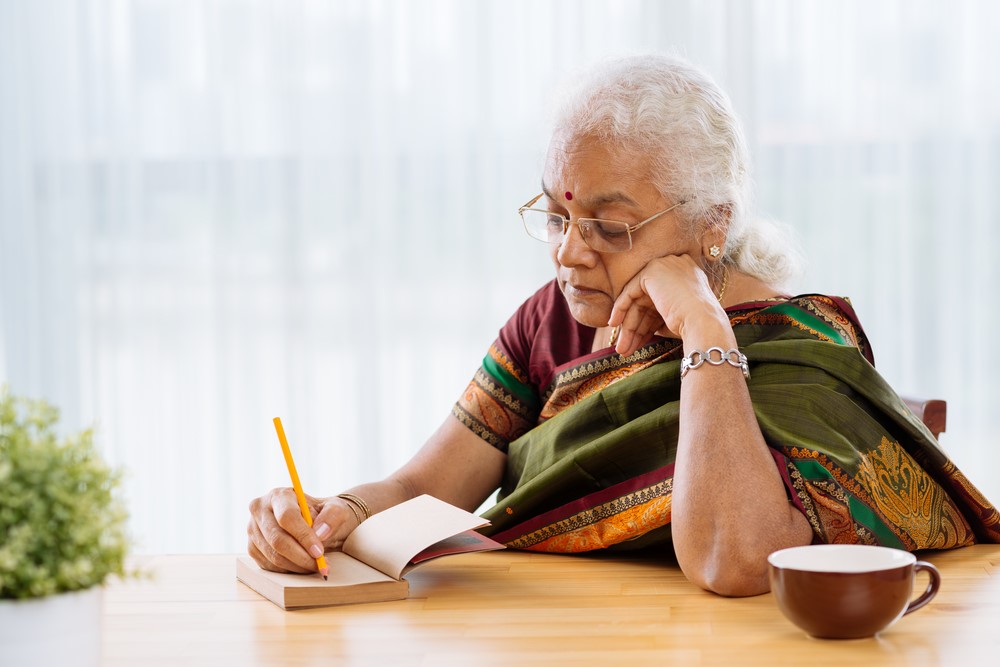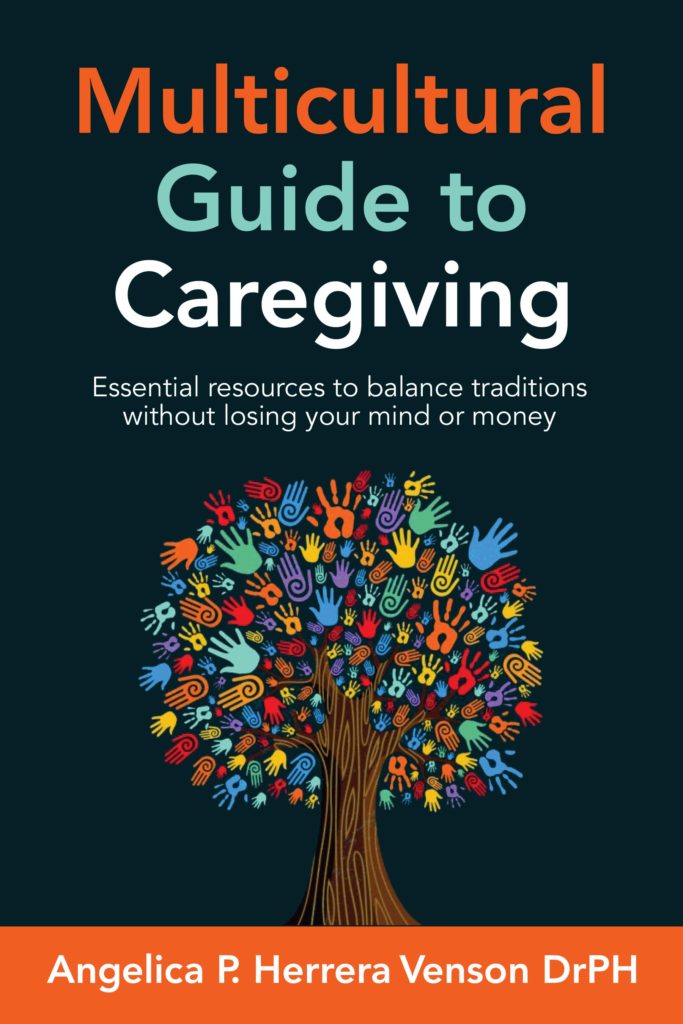
Rakesh Sharma, 42, has been agonizing over his aging mother living by herself in Pune, India.
Rakesh’ father passed away a few months ago and Rakesh wants her to come and stay with his family in the US, but she is stubborn and does not want to leave her comfortable roots to settle in a foreign land.
Nor does she want her son to come back because of his commitments to work and family in the US. As she is nearing her 80s, Rajesh’s worry increases. He wants his mother to be safe and cared for by someone trustworthy.
A Cultural Responsibility
Men fretting over the condition of his parents as they near their old age is not a unique scenario for Indian families. It is happening with almost every Indian family where parents are either living abroad or in a different city.
India’s culture requires that children care for their parents well into old age, making caregiving in Indian families a cultural practice. In fact, a child takes it as blessings from God to care for their parents and many even consider it a ‘punya,’ or accumulation of good karma.
Ordinarily, the son has sole responsibility to care for his aging parents. Not doing so brands him a ‘failure.’
It should be pointed out that in a normal Indian family, the elders of the house are treated with highest regards, especially the men. Traditional values, instilled during childhood in every Indian family, regard older and wiser people with respect and honor.
According to the 2011 census, India has 100 million people over the age of 65, a number second only to China. While this accounts for only 8% of the population, the number is expected to double by 2040.
In Indian culture it is considered immoral and cruel to neglect the needs of one’s elders, making caregiving in India a highly important task.
Not caring for elderly family members actually became illegal with the passing of the Maintenance of Parents and Dependents Bill of Himachal Pradesh in 2001. The bill was passed to ensure proper care for anyone who is dependent upon another.
Additionally, Article 41 of the Indian Constitution states that elderly citizens will be guaranteed Social Security Support for healthcare and welfare. A section of the 1973 Criminal Procedure Code, alluding to its traditional background, mandates that children support their parents if they no longer do so themselves.
Westernized India?

This raises a number of questions in modern India: Are modern Indians shirking their responsibilities? Why do we need to make laws to take care of our parents? Are they not care for by their children anymore? Are we getting so ensnared with Western/American influences that our elderly are suffering silently as materialism consumes their traditional seat of honor?
Sadly, the answer in most cases is yes.
Today, more of India’s urban families are rejecting the idea of extended family households, and thus older relatives are moving into assisted living facilities, an idea which was once stigmatized.
India, a nation which used to boast of its traditional joint family system is slowly embracing the idea which is long practiced in the West: old age homes.
The rise of elderly care facilities over the years in the country clearly suggests a definite shift in cultural ethos. Today, most urban Indian families have forgotten the concept of grandparents, parents and children living under one roof, preferring life without ‘nosy in-laws.’
But there are also people who still endeavour to live with their aged parents and tend to their needs.
“The thought of leaving my parents in an old age home is daunting itself. I can never think of sending my parents into one of these,” said Animesh Chowdhury, a businessman, who shares his apartment with his elderly parents and his family. “I feel pity for those who send their parents to all these homes and prefer to live a hypocritical life. It’s rather tragic.”
Earlier care was given by the family, but a breakdown of families and mounting pressure from work, is leaving very little time for family members to care for the elderly.
Families may eventually consider it as an added burden and this often leads to disputes between spouses. Eventually, the elders feel unloved and uncared for and unheard. In comes the need for paid home care, when one can afford it, and elderly care facilities.
If you reside in the U.S., check out our new book, Multicultural Guide to Caregiving. Our goal is to help families with roots in countries outside of the U.S. to better tackle caring for aging parents, even from a distance. We connect you to critical benefits and social services in the U.S., as well as strategies for managing the financial demands of elder care across the seas.

But, Caregiving in India Isn’t All Bad
The drive for retirement homes/assisted care living has seen a significant boost in Asia’s third largest economy. Many elderly care facilities now come with state of the art technologies offering gyms, aromatherapy, saunas and a pool.
With a number of younger populations migrating to different countries/cities for better opportunities, people like Rakesh Sharma and many others do not want their parents to feel left out and thus opt for paid care so that their elderly have companionship and do not feel lonely.
Though most are reluctant to the idea of idea of living in an unknown home with strangers, eventually they get accustomed and really enjoy the social interaction, said Dr. Hari Mohan Saxena, 81, a retired pathologist who self-opted for paid care along with his wife Usha, 78. They have three children, all of them live abroad.
Comment below and share your thoughts and experience with aging and caregiving in India or as an Indian-American. How are you coping with the pressures of caring for elderly in your family?
Feeling Overwhelmed?
Check out our Caregiving Consulting service for personalized support and guidance.

Interesting blog. My wife and I took the rather extreme step of relocating back to India to be there and care for my elderly parents. My blog post on the topic http://www.mohanbabuk.com/2017/04/life-lessons-on-relocating-to-india-six.html
Thank you and your blog looks interesting. Sometimes it seems that the extreme steps are the only ones left to us.
I would love some advice on assisting a family with an elder (male) sliding into dementia. He is a proud Indian man who does not acknowledge what’s happening and won’t accept help of any kind. Any tips or advice would be great. Thanks in advance!
One important thing to remember is that, except in specific legal situations, your family member is still considered a competent adult and has the right to make his own decisions – even if you don’t agree with them. This can be stressful and frustrating for a family member with dementia, but you can navigate the situation. There’s an awesome book called the 36 Hour Day (it’s one of our recommended books) that focuses specifically on dementia caregiving. This can be a fantastic place to begin, as you need to take different approaches for a family member with dementia than for one who is fully mentally competent.